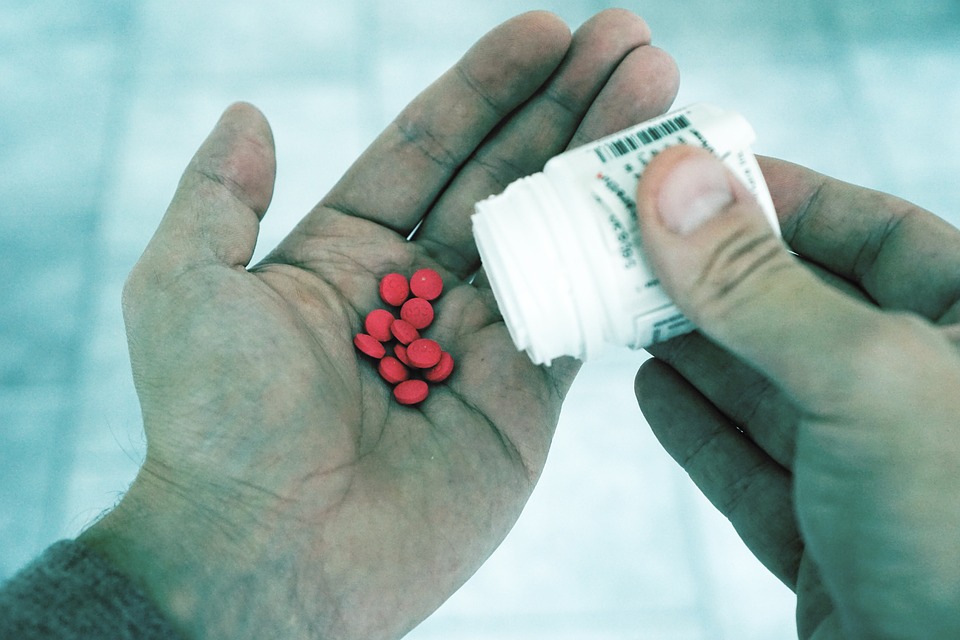
Sunitinib is a small-molecule drug that inhibits receptor tyrosine kinases (RTK). It was approved by the FDA for the treatment of renal cell carcinoma and a form of gastrointestinal tumor in 2006. Now, researchers at the King’s College London say the mechanism behind this drug may also act to improve muscle strength in patients with facioscapulohumeral dystrophy (FSHD).

"Muscle dystrophies are an untreatable collection of diseases that result in progressive loss of mobility and often premature death, and affect millions of people worldwide,” said Robert Knight, Principal Investigator at the Division of Craniofacial Development and Stem Cell Biology at King’s College London’s Dental Institute, and the study’s co-lead author.
In studying muscle biology, researchers noted that a receptor tyrosine kinase Rearranged during transfection (RET) seemed to be upregulated in muscle stem cells that express the DUX4 protein. In FSHD, the genomic region controlling DUX4 appears to be abnormally activated (due to hypomethylation). This, in turn, overstimulates the production and activity of DUX4, which seems to contribute to the muscle weakness characteristic of FSHD.
Could an RTK inhibitor reverse this effect? This was the researcher’s main hypothesis, and they tested it first by confirming that overexpression of DUX4 in mice led to upregulation of RET. Furthermore, administration of sunitinib, an RTK inhibitor, suppressed RET activity and reduced damage to muscle cells.
“Specifically, blocking DUX4-mediated RET signaling increases myogenic differentiation, giving further insight into the molecular pathology of DUX4 and highlighting RET signaling as potential drug target," the authors explain.
The drug shows promise in improving muscle strength for patients afflicted with FSHD. And since the drug is already approved, repurposing it for the treatment of FSHD may take much less time, assuming further studies also find the same promising results.
“The discovery that an approved anticancer treatment may prove useful for enhancing the ability of stem cells to repair muscle in a type of muscle dystrophy affecting face and shoulder muscles offers a new route for putative therapies for many patients,” said Knight.
Additional sources: King's College London press release, MNT

